Kamala Harris and the 2024 Political Landscape
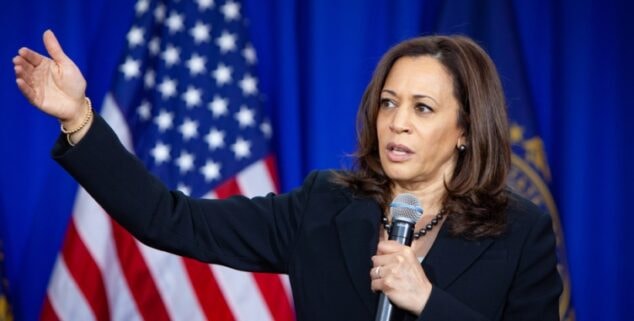
Introduction: The Political Chessboard of 2024
The political landscape is evolving rapidly as the United States approaches the 2024 presidential election. Vice President Kamala Harris stands at the center of this dynamic environment, a figure whose journey from California’s Attorney General to the second-highest office in the land has been remarkable. This comprehensive analysis delves into Harris’s role in the current administration, her potential future as a presidential candidate, and the broader political context surrounding the upcoming election.
1. Kamala Harris: A Brief Biography
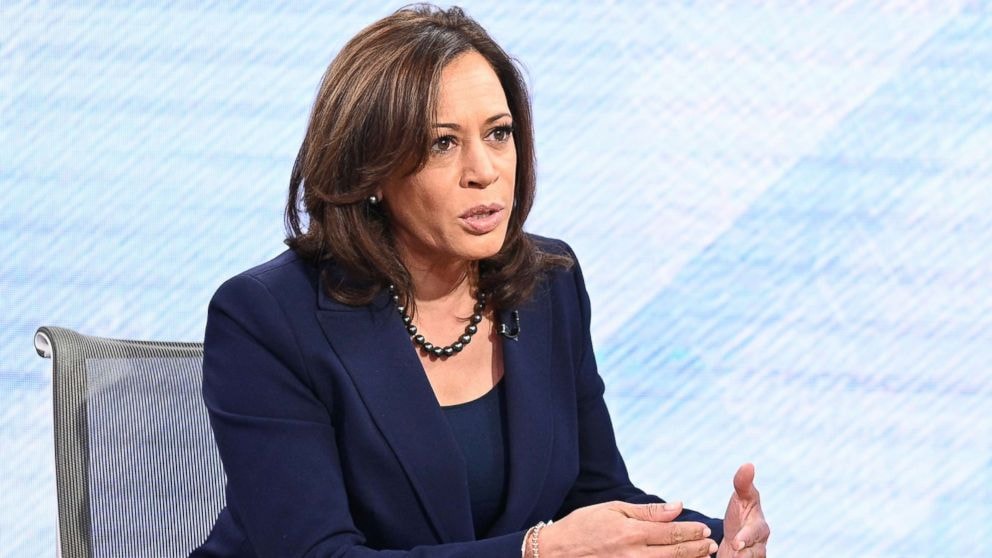
1.1 Early Life and Education
Born in Oakland, California, in 1964, Kamala Harris is the daughter of immigrants – her father from Jamaica and her mother from India. She attended Howard University and earned her law degree from the University of California, Hastings College of the Law.
1.2 Early Career in Law
Harris began her career as a deputy district attorney in Alameda County, California, where she quickly gained a reputation as a tough prosecutor.
2. The Ascent to National Politics

2.1 San Francisco District Attorney (2004-2011)
In 2004, Harris was elected as the District Attorney of San Francisco, becoming the first woman and person of color to hold this position.
2.2 California Attorney General (2011-2017)
Harris’s election as California’s Attorney General in 2010 marked another historic first, as she became the first woman, African American, and South Asian American to serve in this role.
2.3 United States Senator (2017-2021)
In 2016, Harris won the race for U.S. Senate, replacing the retiring Barbara Boxer. Her tenure in the Senate was marked by high-profile questioning during committee hearings and a growing national profile.
3. The 2020 Presidential Campaign

3.1 Initial Momentum and Challenges
Harris launched her presidential campaign in January 2019 with significant fanfare, but faced challenges in maintaining momentum and fundraising, influenced by the dynamics of the Democratic primary.
3.2 Key Policy Proposals
During her campaign, Harris advocated for progressive policies including Medicare for All, climate change action, and criminal justice reform. President Joe Biden’s decision to select Harris as his running mate was met with enthusiasm, highlighting her role in the 2020 election against Donald Trump.
3.3 Debate Performances and Public Perception
Harris’s debate performances, particularly her confrontation with Joe Biden over his past stance on busing, garnered significant attention.
3.4 Campaign Suspension
In December 2019, citing financial difficulties, Harris suspended her campaign before the Iowa caucuses.
4. Selection as Biden’s Running Mate
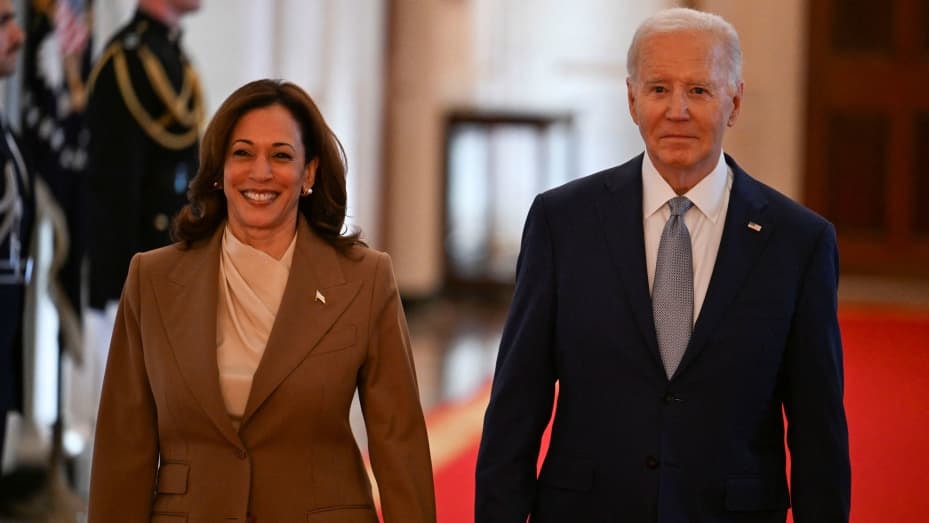
4.1 The Vetting Process
Biden’s team conducted an extensive vetting process, considering several prominent women for the vice presidential slot.
4.2 Announcement and Public Reaction
Biden’s announcement of Harris as his running mate in August 2020 was met with enthusiasm from many Democrats and criticism from Republicans.
4.3 Historical Significance
Harris’s selection marked the first time a woman of color was chosen as a running mate for a major party’s presidential ticket.
Related Term: President Barack Obama, President Joe Biden, republican nomination, former governor, republican presidential primary, democratic national convention, Green Party candidate
5. The Biden-Harris Administration
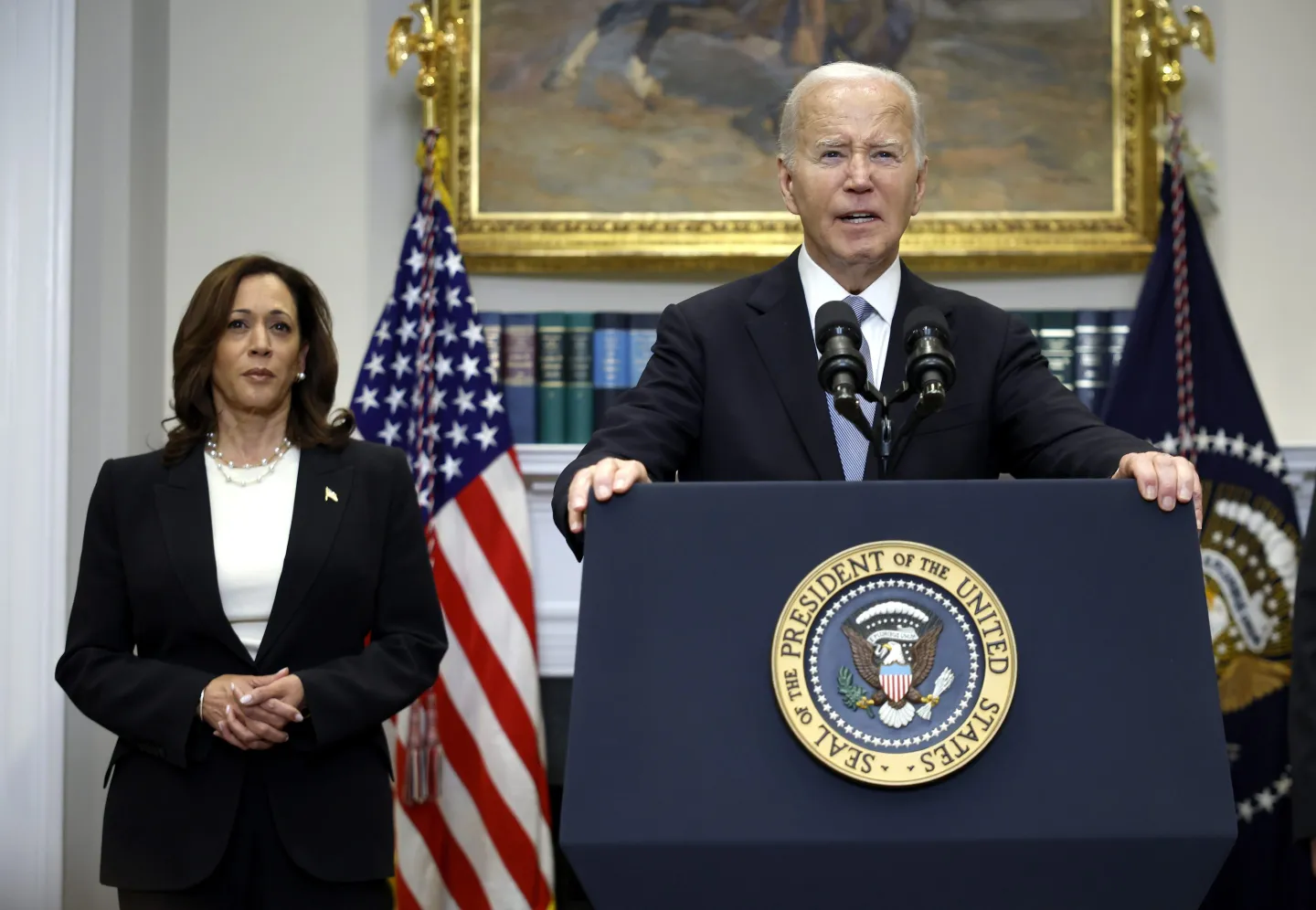
5.1 Inauguration and Early Days
The Biden-Harris administration took office on January 20, 2021, facing immediate challenges including the COVID-19 pandemic and economic recovery.
5.2 Harris’s Role as Vice President
Kamala Harris, Vice President, has been tasked with several key initiatives, including addressing the root causes of migration from Central America and leading on voting rights issues.
5.3 Legislative Achievements
The administration has passed significant legislation, including the American Rescue Plan and the Infrastructure Investment and Jobs Act.
6. Harris’s Evolving Political Identity
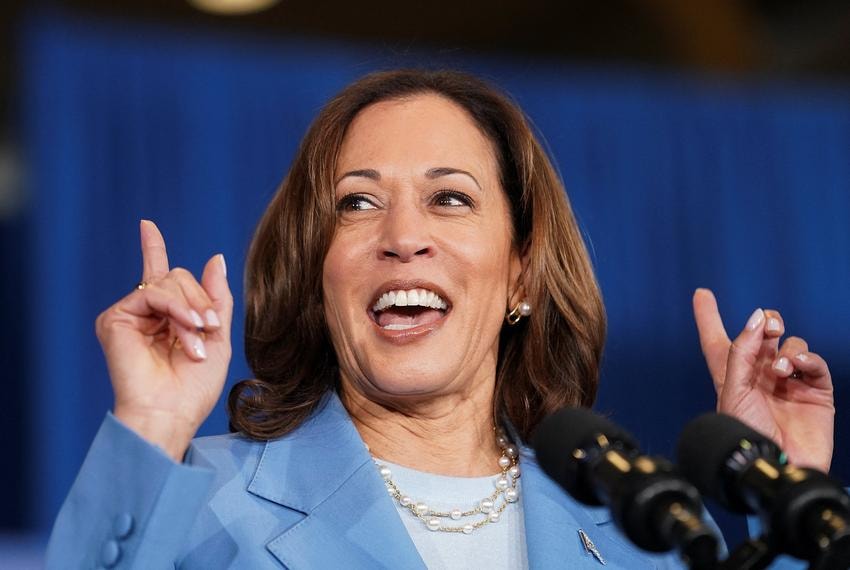
6.1 From Prosecutor to Progressive
Harris’s political identity has evolved from her days as a prosecutor to embracing more progressive policies as a national figure.
The Democratic Party features various presidential candidates, including those who have filed with the Federal Election Commission and notable figures mentioned in the media as potential contenders for the 2024 presidential election.
6.2 Balancing Act
As Vice President, Harris has had to balance her political identity with her role in supporting President Biden’s agenda.
In the Republican Party’s nomination race, former Vice President Mike Pence has emerged as a key contender, leveraging his background in the Trump administration and appealing to conservative voters.
6.3 Public Perception and Media Coverage
Harris has faced praise and criticism as Vice President, with media coverage often focusing on her historic status and potential future as a presidential candidate. In the context of third-party and independent candidates, the Green Party nomination has also played a significant role, with Cornel West initially seeking the Green Party nomination before running as an independent and Jill Stein pursuing the Green Party nomination after West’s departure, highlighting the political dynamics and motivations behind these candidacies.
7. The 2024 Election Landscape
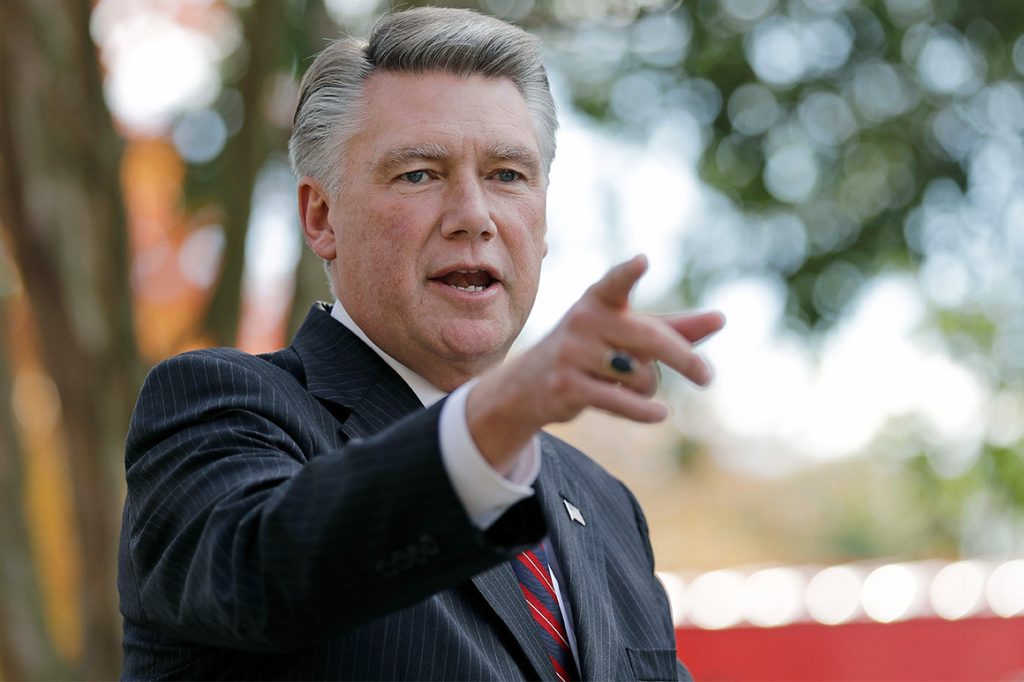
7.1 Democratic Party Dynamics
With President Biden’s decision not to seek re-election, Harris is working to consolidate support for her presidential bid, as the Democratic Party navigates a new political reality.
7.2 Republican Party Contenders
The Republican field includes former President Donald Trump and several other prominent figures vying for the nomination.
7.3 Third-Party and Independent Candidates
Candidates like Robert F. Kennedy Jr. and Cornel West add complexity to the race as third-party or independent contenders. Potential challengers include former governors with significant political backgrounds, further intensifying the competition.
8. Harris’s Path to the Democratic Nomination

8.1 Building Support Within the Party
Harris is working to consolidate support among Democratic leaders and voters.
8.2 Policy Platform and Campaign Strategy
Her campaign is expected to focus on her experience in the Biden administration and her vision for America’s future.
8.3 Potential Challengers
While Harris is the frontrunner, she may face challenges from other Democratic figures.
9. Key Issues Shaping the 2024 Race

9.1 Economic Policy
Voters are concerned about inflation, job growth, and overall economic stability.
9.2 Climate Change
Environmental issues continue to be a top priority, especially for younger voters.
9.3 Healthcare
The debate over healthcare reform remains a significant issue in American politics.
9.4 Criminal Justice Reform
Harris’s background as a prosecutor and her evolving stance on criminal justice issues, which now align with a progressive agenda, will be under scrutiny.
9.5 Foreign Policy Challenges
International relations, particularly with China and Russia, will be key topics in the campaign.
10. The Impact of Social Media and Digital Campaigning

10.1 Digital Outreach Strategies
Campaigns are increasingly relying on sophisticated digital marketing and social media strategies.
10.2 Misinformation and Disinformation
Combating false information online remains a significant challenge for candidates and election officials.
10.3 Grassroots Organizing in the Digital Age
Digital tools are transforming how campaigns organize supporters and get out the vote.
11. Fundraising and Campaign Finance
11.1 Traditional Fundraising Methods
Despite digital innovations, traditional fundraising events and donor outreach remain important.
11.2 Small-Dollar Donations
Campaigns are increasingly focusing on small-dollar donations to demonstrate grassroots support.
11.3 Super PACs and Dark Money
The role of Super PACs and undisclosed donations continues to be a controversial aspect of campaign finance.
12. The Role of Debates in the 2024 Race
12.1 Primary Debates
The structure and frequency of primary debates can significantly impact the nomination process.
12.2 General Election Debates
The format and moderation of general election debates remain topics of discussion and negotiation.
President Barack Obama’s legacy has significantly impacted minority voter turnout, shaping the political landscape and influencing voter engagement.
12.3 Harris’s Debate Strategy
Harris’s expectations will be high in any debate setting given her previous debate performances.
13. Voter Demographics and Turnout
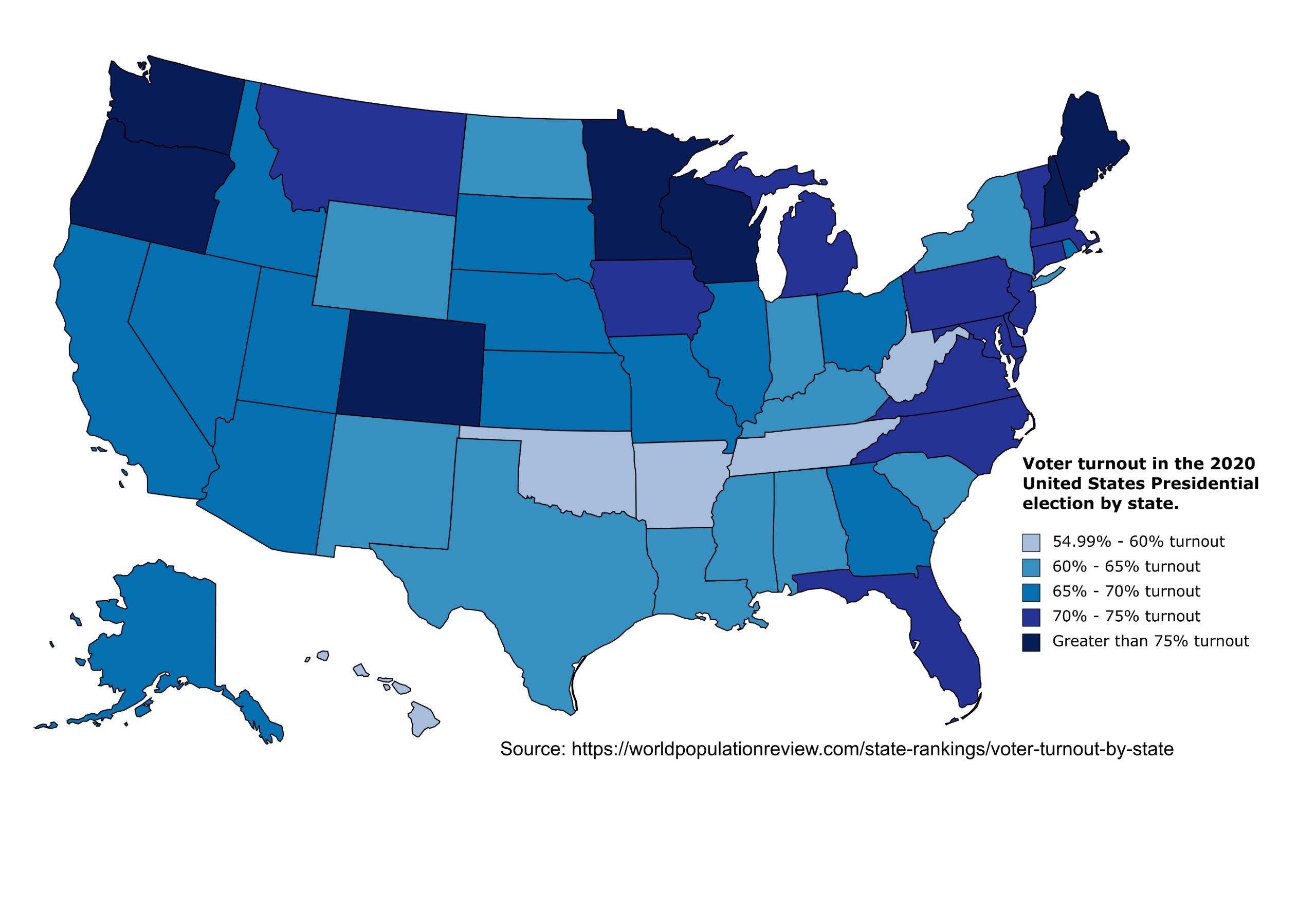
13.1 Youth Vote
Engaging young voters remains a critical challenge and opportunity for candidates.
13.2 Minority Voter Turnout
Harris’s historic candidacy could impact turnout among various minority groups.
13.3 Suburban Voters
The suburban vote, which has been volatile in recent elections, will be crucial in 2024.
14. Election Security and Integrity

14.1 Voting Methods and Access
Debates over mail-in voting, early voting, and voter ID laws continue to shape the electoral landscape.
14.2 Cybersecurity Concerns
Protecting election systems from foreign interference remains a top priority.
14.3 Public Confidence in Elections
Rebuilding trust in the electoral process is a challenge facing all candidates and election officials.
15. The Supreme Court and the 2024 Election
15.1 Potential Vacancies
Any Supreme Court vacancies could become a major campaign issue.
15.2 Key Rulings
Supreme Court decisions on issues like abortion, gun rights, and voting laws could impact the race.
15.3 Court Reform Proposals
Debates over potential reforms to the Supreme Court may feature in the campaign.
16. International Perspectives on the 2024 Election
16.1 Allied Nations’ Views
The perspectives of key U.S. allies will be closely watched during the campaign.
16.2 Adversarial Nations’ Reactions
The responses of countries like Russia and China to the candidates and campaign issues will be significant.
16.3 Global Issues in the Campaign
International challenges like climate change and global economic policy will feature prominently.
17. The Role of Political Parties in 2024
17.1 Democratic Party Unity
The party’s ability to unite behind Harris or another nominee will be crucial.
17.2 Republican Party Dynamics
The GOP’s internal debates over Trump’s influence and the party’s future direction will shape its campaign.
17.3 Third Parties and Independents
The impact of third-party and independent candidates on the overall race could be significant. Additionally, the Republican National Convention has played a crucial role in shaping candidate media strategies, with significant events and announcements, such as Donald Trump’s acceptance of the GOP nomination, influencing the political landscape leading up to the election.
18. Media Coverage and Public Perception
18.1 Traditional Media’s Role
Despite the rise of social media, traditional news outlets still play a crucial role in shaping public opinion.
18.2 Fact-Checking and Media Literacy
Fact-checking and media literacy education are likely to be emphasized.
18.3 Candidate Media Strategies
How candidates engage with or avoid certain media outlets will be closely watched.
19. Policy Debates and Platform Development
19.1 Democratic Platform
The party’s platform will need to balance progressive ideals with broader appeal.
19.2 Republican Platform
The GOP’s platform development may reflect internal party debates over its future direction. The influence of President John F. Kennedy’s legacy on current political endorsements and support is evident, particularly in how Robert F. Kennedy Jr.’s family background shapes his public recognition and political identity.
19.3 Key Policy Distinctions
Clear policy differences between the major candidates will be crucial for voter decision-making.
20. The Impact of the Biden Presidency on Harris’s Campaign
20.1 Legislative Accomplishments
The successes and failures of the Biden administration will significantly impact Harris’s campaign.
20.2 Presidential Endorsement and Support
Biden’s role in supporting Harris’s campaign will be closely watched.
20.3 Continuity vs. Change
Harris will need to balance embracing the administration’s record with presenting her own vision for the future.
Conclusion: The Road Ahead
As we look toward the 2024 election, Vice President Kamala Harris is pivotal in American political history. Her journey from California’s “top cop” to potentially becoming the first woman and person of color to secure a major party’s presidential nomination symbolizes the changing face of American politics. The race ahead will be shaped by a complex interplay of factors – from policy debates and campaign strategies to a nation’s broader social and economic context in flux.
The coming months and years will test Harris’s political acumen, ability to build coalitions, and vision for America’s future. As she navigates this challenging landscape, she must address concerns about her record, articulate a compelling policy agenda, and demonstrate her readiness to lead the nation.
For voters, the 2024 election presents an opportunity to shape the country’s direction on critical issues ranging from economic policy and healthcare to climate change and America’s role on the global stage. The choices made in this election will have far-reaching consequences for years.
As we embark on this electoral journey, all Americans must engage thoughtfully with the issues, seek out reliable information, and participate actively in the democratic process. The strength of our democracy depends on an informed and engaged citizenry.
Key Takeaways
- Kamala Harris’s historic role as the first woman and person of color to serve as Vice President positions her as a frontrunner for the 2024 Democratic nomination.
- The 2024 election landscape is complex, with challenges from both major parties and potential third-party candidates.
- Key issues shaping the race include economic policy, climate change, healthcare, and criminal justice reform.
- Digital campaigning and social media will play a crucial role in reaching and engaging voters.
- Election security and integrity remain significant concerns following the controversies of recent elections.
- The impact of the Biden administration’s record will be a major factor in Harris’s campaign.
- Voter demographics and turnout, particularly among young and minority voters, could be decisive in the election outcome.
- International perspectives and global issues will feature prominently in the campaign.
- The role of political parties, media coverage, and campaign finance will continue to evolve and shape the race.
- The 2024 election presents a critical moment for American democracy, with far-reaching implications for the nation’s future.
FAQs
Q1: Is Kamala Harris guaranteed to be the Democratic nominee for president in 2024? A: While Harris is currently the frontrunner, she is not guaranteed the nomination. She will likely face a primary process and potentially other challengers within the Democratic Party.
Q2: How might Harris’s background as a prosecutor affect her candidacy? A: Harris’s prosecutorial background has been both an asset and a liability. It provides her with law enforcement credentials but has also led to criticism from some progressive activists concerned about her record on criminal justice issues.
Q3: What are the key differences between Harris and potential Republican nominees? A: Key differences are likely to include approaches to economic policy, healthcare, climate change, and social issues. Specific policy contrasts will become clearer as the Republican nominee is determined and both campaigns release detailed platforms.
Q4: How might international events impact the 2024 election? A: International events, such as conflicts, economic developments, or global crises, can significantly impact U.S. elections by shifting voter priorities and testing candidates’ foreign policy credentials.
Q5: What role will President Biden play in the 2024 election? A: As the incumbent president not seeking re-election, Biden is expected to play a supportive role in the Democratic campaign, likely endorsing and campaigning for the party’s nominee.
Q6: Who is running for president in 2024? A: The 2024 presidential election features several notable candidates. Donald Trump has formally accepted the GOP nomination, while Joe Biden has unexpectedly withdrawn from the race. Kamala Harris has announced her intentions to run and is receiving growing endorsements from Democratic leaders. Other candidates may emerge as the election approaches, making the race dynamic and competitive.
Relevant Case Law
- Citizens United v. Federal Election Commission (2010): This Supreme Court case removed limits on independent political spending by corporations and unions, significantly impacting campaign finance in U.S. elections.
- Shelby County v. Holder (2013): This decision struck down key provisions of the Voting Rights Act, impacting voting laws and potentially affecting voter access in the 2024 election.
- Rucho v. Common Cause (2019): The Supreme Court ruled that partisan gerrymandering claims present political questions beyond the reach of federal courts, potentially affecting district boundaries in the 2024 election.
- Brnovich v. Democratic National Committee (2021): This case upheld Arizona voting restrictions, potentially setting precedents for similar laws in other states that could impact the 2024 election.
- Moore v. Harper (2023): While not directly ruling on the “independent state legislature” theory, this case addressed the role of state courts in reviewing election laws, which could be relevant to election law challenges in 2024.
These cases demonstrate the ongoing legal debates surrounding election law, voting rights, and campaign finance that will shape the context of the 2024 election. New legal challenges and court decisions may further impact the electoral landscape as the campaign unfolds.
Political Terms and Figures
- Republican Donald Trump: 45th President of the United States (2017-2021), businessman, and potential 2024 presidential candidate.
- President Biden: 46th President of the United States, elected in 2020, former Vice President under Barack Obama.
- Presidential Candidates: Individuals running for the office of President of the United States in an upcoming election.
- Green Party: A left-wing political party in the United States focusing on environmentalism and social justice.
- United States History: The chronological record of significant events in the United States from its founding to the present.
- Democratic Delegates: Party members chosen to represent their state at the Democratic National Convention to nominate presidential candidates.
- Children’s Health Defense: A non-profit organization known for its anti-vaccine activism, founded by Robert F. Kennedy Jr.
- Presidential Race: The competition among candidates to win the presidency of the United States.
- Robert F. Kennedy Jr.: Environmental lawyer, author, and anti-vaccine activist, son of former U.S. Attorney General Robert F. Kennedy.
- California State University: A public university system in California, comprising 23 campuses across the state.
- primaries.
- Economic Bill: Proposed legislation addressing economic issues or implementing economic policies.













